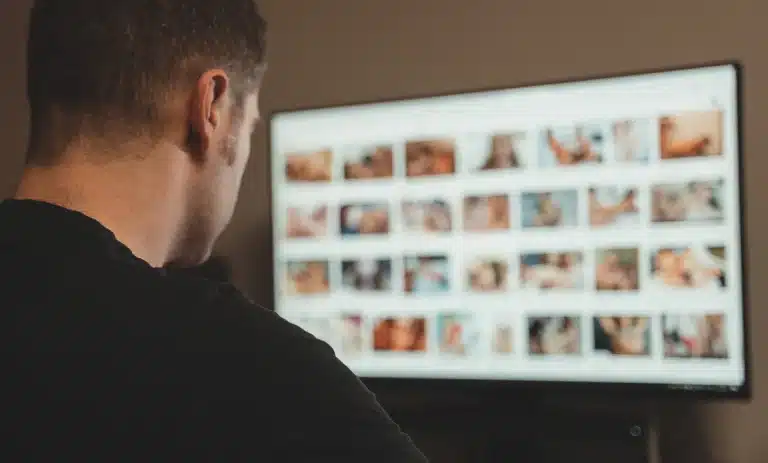Many years ago, I had the privilege of working with a remarkable young lady at a drug and alcohol rehab center during her Recovery from addiction….
Many years ago, I had the privilege of working with a remarkable young lady at a drug and alcohol rehab center during her Recovery from addiction. For all intents and purposes, she was a broken human being. Multiple failed suicide attempts, insane abuses and years of hardcore drug addiction had destroyed her spirit and rendered her nearly helpless. She spent 90 days with us and then went on to become an out-patient. One day, somewhere around the 140-day mark, I asked her to share with the group what she found was the most difficult aspect of life outside of the rehab center. She replied, “Learning how to be okay with being okay.”
I found her reflection remarkably astute. Here she was desperately trying to piece together the fabric of a life ripped apart by addiction and here I was, with my X number of years clean, fancy shoes and neat haircut, both still struggling with the same concept. How do I become okay with being okay?
Being a Junkie
I’m a junkie. Over the years I’ve been everything from a doughnut junkie, to a drug/alcohol junkie, sex junkie, adrenaline junkie, relationship junkie, acquisition junkie, and throughout it all, an unmanageability junkie.
Having lived with this junkie condition all my life, I’ve learned I’d become addicted to what the 12 step groups call ‘unmanageability’ – the results of being driven by the control board of an addicted mind. The highs and lows of a life lived in the radical extremes naturally produces unsettling, unnerving, unhealthy and often dangerous consequences.
I hate unmanageability. But if I’m honest I must also admit, I love unmanageability.
Unmanageability Disguised
Internally it often expresses itself as anxiety. The addicted mind in a constant state of overdrive, mixed with ultra-sensitivity, control, and entitlement issues, combine to create a toxic cocktail of mental torture resulting in perpetual cycles of madness. I’m not getting what I want…anxiety. I don’t like the way this situation unfolded…anxiety. I didn’t see this consequence coming…anxiety. That person or this circumstance shouldn’t be this way…anxiety.
Externally, it expresses itself in low grade conflict. I call it low grade because it’s not necessarily confrontations, arguments or fights. It’s the silent treatment, the rolling of the eyes, condescending head nods, sarcasm and one thousand other verbal and non-verbal slights. It’s constant complaining and blaming. It’s unsolicited advice and other forms of veiled criticisms. I suppose we could say its internal conflict externalized. I’m not okay with myself, so I can’t be okay with you.
Consciously I don’t actively seek out anxiety or conflict, I want to avoid them. But like so many other things in my life, on an unconscious level, I attract them. I attract them because I need their by-products.

Dysfunction/Crisis/Panic/Melodrama
I grew up in a distressed environment. “We put the f.u.n. in dysfunction” used to be my father’s holiday mantra. Outright calamity was a daily occurrence and the next “Panic Button” moment was always right around the corner. At an early age I learned to live and feel comfortable in crisis mode. Active addiction only intensified that level of stimulation and enhanced my skills in learning to navigate life in constant panic.
Learning to be Okay during and after the Recovery from addiction
A significant part of my evolution has been arriving at an understanding that as addicted as I am to the drug, the drink, the chase, the pleasure, I am equally if not more addicted to the consequences; the fall-out, and the wreckage they create in my life. I get off on the internal and external muck and mire of a dysfunctional life.
But that no longer works for me. Mucking it up is counter-productive to where I’m heading, so it’s important for me to recognize my unconscious need to generate dysfunction and then make conscious decisions to avoid it.
Avoiding the pitfalls of melodrama and crisis is much easier said than done for a guy with ultra-sensitivity, control, and entitlement issues. Part of growing up for me has been learning to identify when to act, when to speak my mind, and most importantly how to find my truth. Years of ‘buying into’ the shenanigans my brain concocted and calling them “my truth” only led me to further disconnection from reality.
The truth is that life doesn’t owe me anything. I don’t have nearly the number of ‘rights’ I was led to believe I had, and the world doesn’t need my opinion on almost anything. My truth is that life very rarely requires me to be in crisis or panic mode.
A Good Night’s Sleep
I was at my friend Scott’s house the other night as we discussed the ins and outs of a legal dispute a mutual friend of ours is going through. Our friend made some decisions that have caused him to be in the newspapers, social media and probably every adult conversation in our community. As we talked about our friend’s difficulties, Scott said, “You know, there’s a lot to be said about getting a good night’s sleep. I lay my head on the pillow and have no problem falling asleep. They could hire private investigators to review the entirety of my life and I’d still sleep just fine.” That is Recovery from addiction!
He’s learned to be okay being okay.
Contact us at Costa Rica Treatment Center to help you or your loved one overcome their addiction, depression or any other mental health disorder. From the USA or Canada you can call us toll free at 1-800-708-3656








